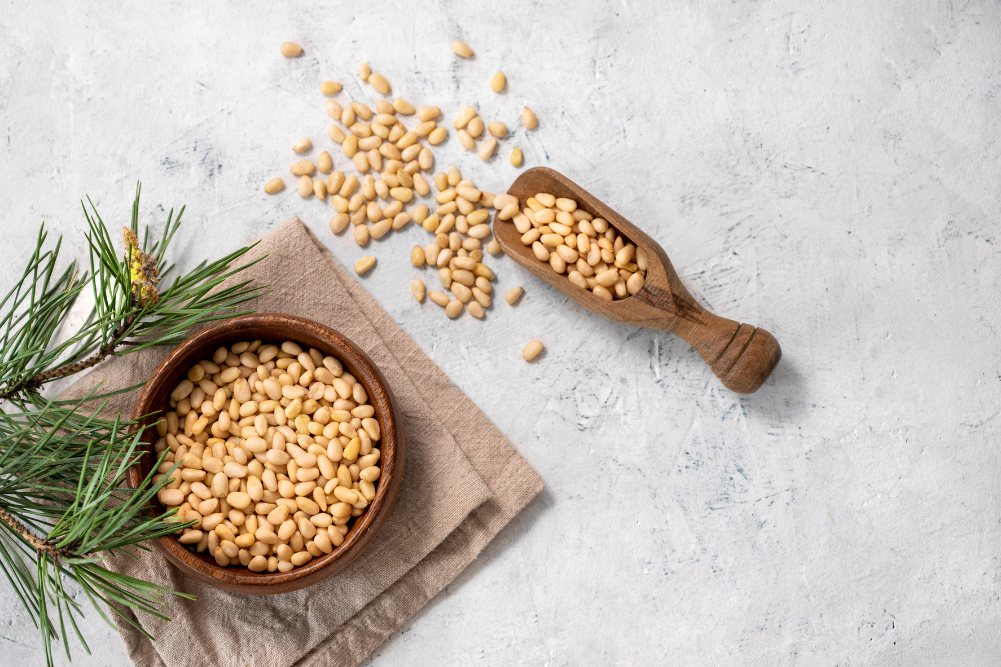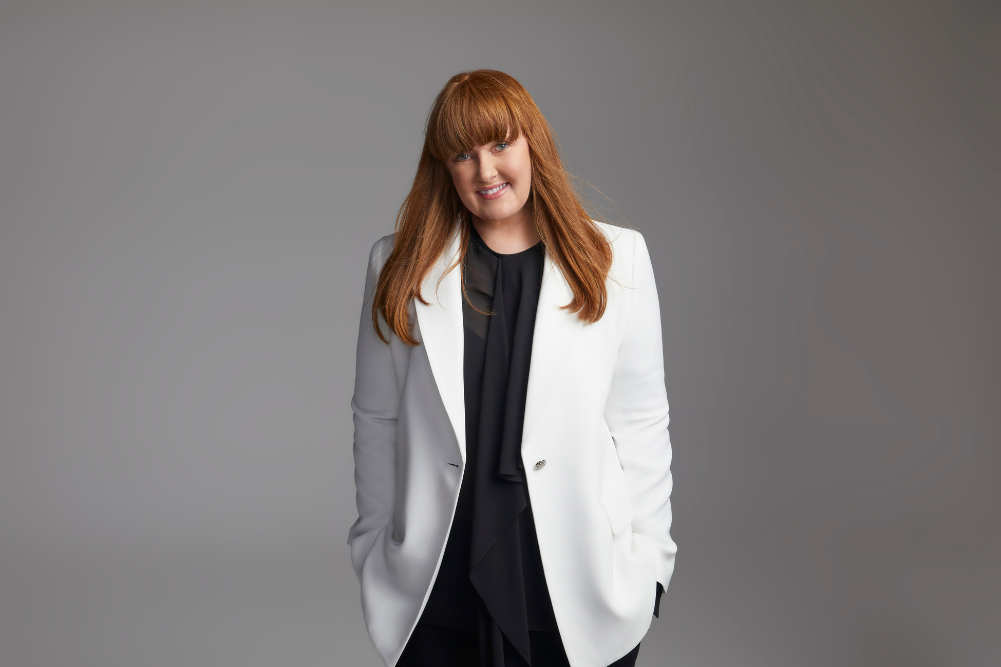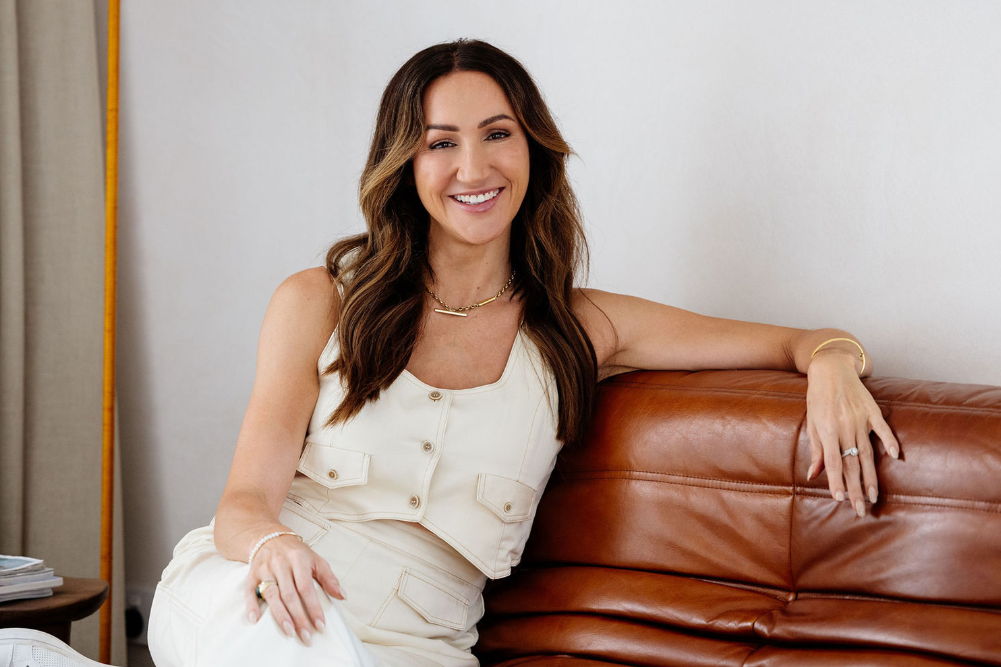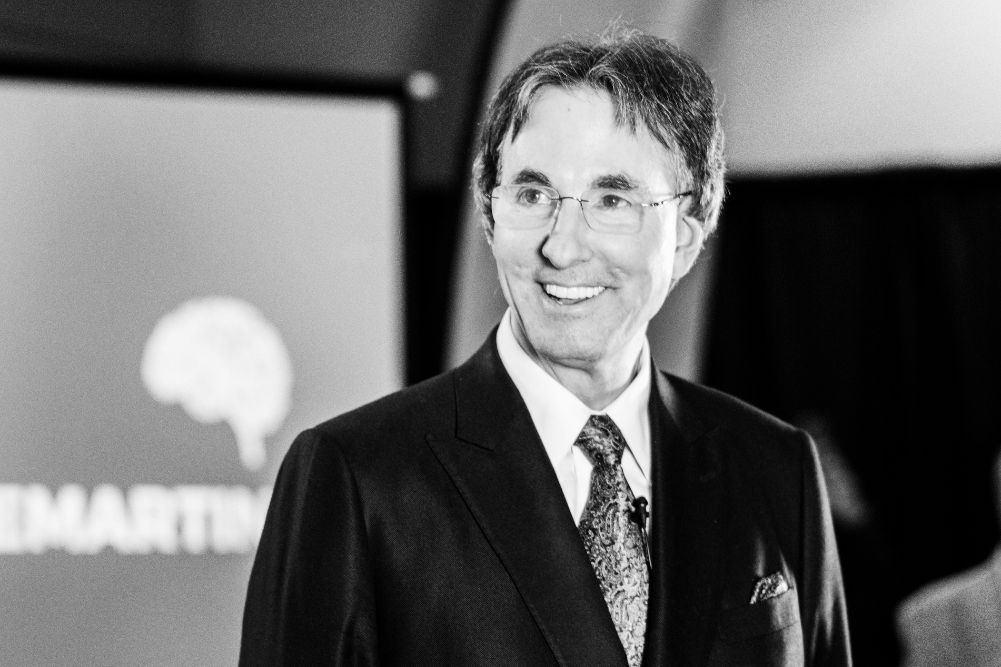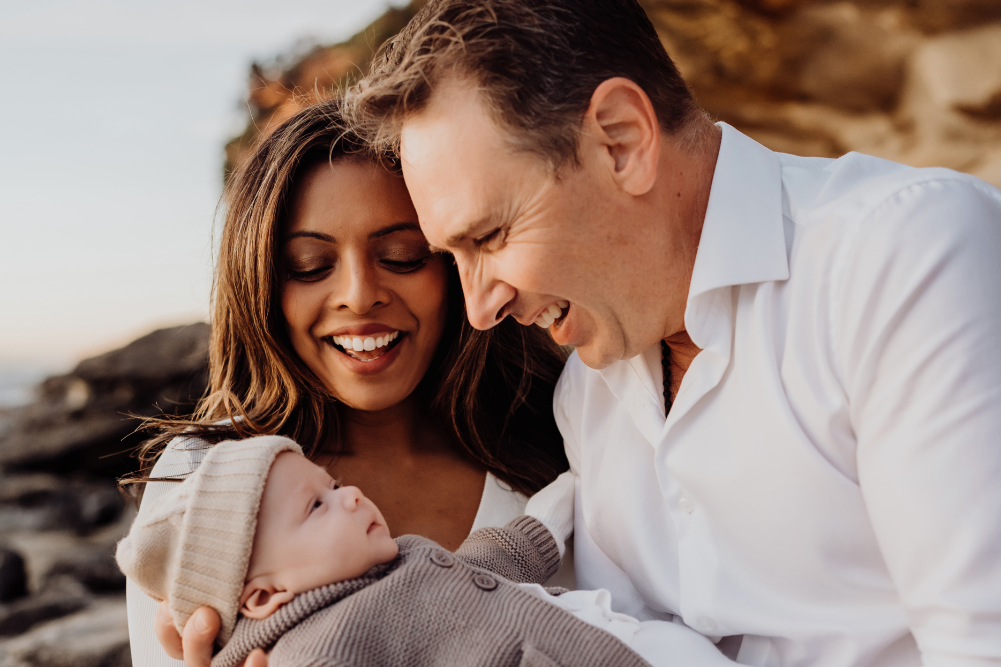Meet Pete Evans and discover his life in food
It only takes a few minutes’ talking with celebrity chef Pete Evans, host of Australia’s number-one rating television program, My Kitchen Rules, to realise you won’t be getting any showbiz hokum and you’ll be talking about much more than food. That’s not to dismiss the importance of food, of course, and Evans certainly doesn’t, but there are no airs about this man who has found such success. He is direct and to the point, yet a laugh is only ever a sentence away and at the same time he has a depth of feeling and a vision that are inspiring.
Falling in love
Early in life, Evans fell in love with two things: the ocean and the preparation of food.
His love of the ocean began when at age seven he moved from Melbourne to the Gold Coast with his mother. It was a big change for Evans, but it began a profound relationship with the sea. “Living on the Gold Coast everything revolved around surfing, surfing and surfing,” he recalls. “We had it as a subject at school. I never did it at school, but it is what I used to do. Every morning before school I would go for a surf and every afternoon after school I would go for a surf. I’d ride 20 minutes on my bike with a board under my arm and that was life until I finished high school.”
Evans’ other great passion, cooking, came on the radar when he was 13. He started cooking at that age in a pie shop to earn a bit of cash. Then at 14 he went to work for McDonald’s; at 15 at Sizzler. This may not sound like the preparation for becoming a vegan and then a chef passionately devoted to health and ethical produce, but as you chat with Evans it becomes apparent that he is a man with a plan — and this was true even as a teenager.
“I use that word ‘hunt’ because that’s what we are — hunters and gatherers — and I’ve learned to actually hunt down the things I want in my life."
“As kids, you either got a job at Coles or Woollies packing shopping bags, or you worked in the fast food franchises. I looked at both of them and I thought, ‘Well, what’s going to stimulate me more: working in a team and getting food out and learning systems or packing a bag?’ I like being stimulated and I thought cooking was a great endeavour.”
This is clear thinking for a teenager but Evans always was, and still is, someone who has made decisions that would see him attain his goals. “People criticise McDonald’s,” he observes, “but what they do is instil a great work ethic and they teach you systems and organisation. Those were invaluable tools that I learned in the early days of my working career and you can apply that to so many aspects of your life on a holistic level.”
Facing fears
I ask if that systematised way of being is natural for Evans or if he has to work to make himself like that. “I don’t know much about star signs, but I’m a Virgo, so organisation resonated with me. What I’ve had to learn over the past 20 years is that other side of the brain, creativity. I’ve pushed myself because I knew that was something I needed to strengthen. The creative side of my work has been about creating dishes and being more artistic in plating and connecting and being a little bit more understanding of my role.”
Evans has spent a lot of time doing things he felt were weak areas for him, where many of us would rather concentrate on our strengths. I ask him where that tendency comes from. “It’s a little bit innate but it was really strongly reinforced at an Anthony Robbins course. I was 19 and I heard he was coming to Australia. I’d devoured two of his books within about four days of getting them. I went and did his course, walked over the hot coals and out of that I became a vegan for four years, studied reiki, studied kinesiology, studied massage and this is all the while being a chef and owning two restaurants. The big thing it taught me was to work out what your fears or weaknesses are and strengthen them.”
That has become a mantra for Evans’ life and it was a belief that would play a major role in his emergence into television.
TV & celebrity
Although Evans is very comfortable in front of a camera now, this was not always the case. “When I first got asked to do TV it was about 14 years ago and I could think of nothing worse because I was really shy, so I turned it down. Then a week later they came to ask me again and they said, ‘Can you please come and do an audition? We like your restaurant and the style of food you do.’ So I thought, ‘Well, they’ve knocked on my door twice now and there’s a reason for that.’ So I thought, ‘All right, I’ll go and do the audition.’
“I had a customer who was an acting teacher and I said to him, ‘Mate, I’ve got this audition for this show. I’m scared witless but I want to do my best.’ So we had a three-hour session the night before my audition. It was probably the most confronting thing I’ve ever had to do: facing a little bit of truth about what was holding me back and why I didn’t want to do it. So I took it on head first and I got the job.”
“Organics? It’s pretty obvious, isn’t it? Everything was organic 100 years ago. People think organics is a trendy word. It was how it was then and how it was meant to be. Man-made tentacles working their way into our diet is not how it was meant to be.”
The rest, of course, is history. In 2001, Evans became a co-presenter on the Lifestyle Channel’s Home show, which ran for five seasons. In a spin-off series, Postcards from Home, he travelled the globe, spending time in the kitchen with some of the world’s top chefs. More TV series followed and in 2009 Evans became co-host of Channel 7’s hugely successful international show, My Kitchen Rules, the number one TV show in 2013. “It’s bizarre that I’m a co-host of the top-rating TV show from a kid 14 years ago who couldn’t think of anything worse,” he laughs.
In 2013, he also presented a new series in America called Moveable Feast, in which he worked with America’s top ethically minded chefs, going to visit their producers, whether sustainable seafood fisheries or organic farmers or grass-fed meat producers, but always people who were what he calls “ethically minded”.
The philosopher hunter
Evans’ ethics and philosophy are central to the way he lives and his plans for the future. He says one of the major lessons he has learned in life is to be able to say no to things that are not right for him. He also says, though, that an equally important skill has been to learn to “hunt”.
“I use that word ‘hunt’ because that’s what we are — hunters and gatherers — and I’ve learned to actually hunt down the things I want in my life. If I want to work on a project and if somebody else has already got that, I will approach them and introduce myself and say, ‘Hey, I’m interested in having a chat to you about the potential of working together. If I see something in the marketplace that isn’t available I will do my best to find a way to get it out there.
“One thing I’ve learned is not to be shy. A lot of people don’t achieve the things they want to at the right time in their lives because they are scared of being rejected or of someone saying no. I would much rather knock on 1000 doors and have 999 people say no and one person say yes than not ask. If you don’t ask, you effectively get no 1000 times, anyway.”
Making a difference
Evans opened his first restaurant at 19. Although healthy food and living have always been central to his own life, he is going through a professional transition. “I’m going through quite a shift at the moment. I’ve always been interested in health and nutrition, but over the past couple of years I’ve taken more of a serious business approach to it. Now that I have a public profile through my books and TV, I’m really conscious that everything I put out there to the media must have a positive message or the potential to spark interest or debate.”
Accordingly, Evans has formalised his nutrition knowledge by studying at New York’s internationally revered Institute of Integrative Nutrition. “The course’s intention is to present a whole lot of different ideas around food,” he says. “You’ve got your Ayurvedic, your raw food, paleo, veganism … you name it, they teach it to you. They also talk about ‘primary’ food. ‘Secondary’ food is what you put into your mouth and the primary food is everything else; it’s your beliefs, your emotions, your physical being, your spiritual being. They cover a whole lot of things, but at the end of the day it all boils down to eating more real food and less of the rubbish.”
Although he is always bubbly, you can hear the enthusiasm in Evans’ voice when he says, “I realised quite a long while ago that a celebrity chef is someone who takes information and puts it back out there into the mainstream for people to be inspired by recipes or information or ingredients in an interesting or non-threatening way, so that people say, ‘You know what? I can do that dish!’ Jamie Oliver is the master of it. I want to present food in a way that every recipe or ingredient, or everything that I speak about has meaning or will benefit someone in some way if they incorporate it into to their cooking or their lifestyle.”
"I want to present food in a way that every recipe or ingredient, or everything that I speak about has meaning or will benefit someone in some way if they incorporate it into to their cooking or their lifestyle.”
When I ask him about organics, he laughs. “Organics? It’s pretty obvious, isn’t it? Everything was organic 100 years ago. People think organics is a trendy word. It was how it was then and how it was meant to be. Man-made tentacles working their way into our diet is not how it was meant to be.”
He also thinks “local food” is just common sense. “Customers want to know where their food is coming from and are getting a lot more savvy. The relationship chefs have with their purveyors and farmers is getting to a point where the chefs don’t even have to say where they are getting their produce any more, because it’s a given that the good chefs are working with the best local artisans they can find.”
Pete’s secret ingredient
I ask Evens what advice he can give to people who are searching for the kind of relationship with food that he enjoys. He doesn’t hesitate. “I always say cook with love and laughter and you cook for life. If you are cooking with love, and if you cook in a loving environment or a relaxed environment and you have as your intent that your cooking will benefit people, then the food reflects that.
“Cooking is about providing nourishment for people and when I see all these chefs swearing and angry on television shows while they cook, I think, ‘You guys are missing the whole point here. It’s about cooking for someone else to the best of your ability and putting energy into it that is positive.’”
“We have a long way to go with food choices and I want to do the best I can to help. I see myself as a global ambassador for eating healthy food and as a chef working with like-minded people toward leaving the world a better place than we found it.”
Evans laughs when he says, “I always get a ribbing from my chefs because I have my ‘80s music on in the kitchen when I cook because it is upbeat and uplifting. I always put on happy music when I cook. I do the same thing at home. If you find cooking a chore, then put your favourite music on. It’s hard not to be happy when you’ve got your favourite music in your house. Work out what you love to do, what sounds you love and who you love to be around, and spend as much time doing that as possible.”
The bigger picture
Not one to rest on accomplishments or to wait for things to come to him, Evans has plans. “I’m designing a thing at the moment that I’m calling ‘Recipes for Life’, and it’s looking at the ingredients for a healthy life and the method to use them. It will encompass not just food but love, fear, movement and connecting. I’ve managed to make a career out of food, but I’ve used that as my hook as there is such a broad sense in which we can all work toward being better; and, again, it’s through connection.”
For himself, Evans has an uncomplicated relationship with food. “For me it is pretty simple: a lot of seafood, some meat, chicken, but not a lot, vegetables raw or cooked, and I eat fermented food with any dish that I cook. I have a little pile of kimchi or sauerkraut or some other fermented product.
“The thing that I’ve learnt from all of my different research across all the dietary theories is that, if you can cut out sugar, cut out refined white flour, increase your vegetables, source grass-fed meat and wild seafood and don’t eat a huge amount of fat, then you’ve got health. As far as beverages go, I love my water, my coconut water and my herbal teas. I get excited over a glass of filtered water … I do!”
Evans started his working career with a 15-year plan, so I ask what the next 15 years hold. His answer is quick and sure. “We have a long way to go with food choices and I want to do the best I can to help. I see myself as a global ambassador for eating healthy food and as a chef working with like-minded people toward leaving the world a better place than we found it.”
It’s a lofty goal but there’s every reason to believe Pete Evans can achieve it. In fact, he has already started.


